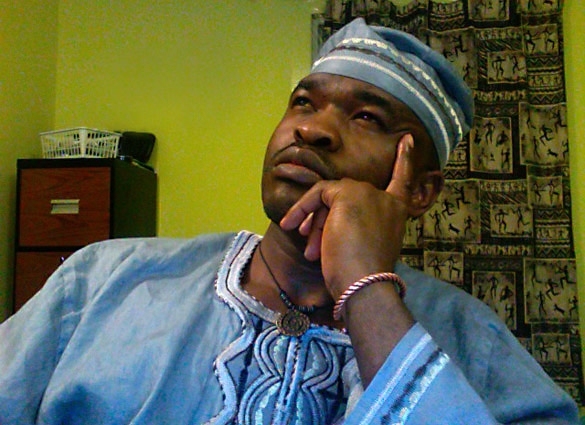Clapperton Mavhunga, assistant professor in the Program in Science, Technology, and Society (STS), has been selected among the first group of Poesis Fellows, a new initiative based at the Institute for Public Knowledge, located at New York University.
“This is a tremendous honor and opportunity for Clapperton," says David Mindell, Dibner Professor of the History of Engineering and Manufacturing and STS director. "It provides him access to an innovative new network of colleagues and mentors, from a wide range of disciplines and countries, with whom to work through research problems. I’m sure he will make great contributions, and connect our program yet more broadly around the world.”
The fellowship enables Mavhunga to join a community of researchers and practitioners engaged in rethinking the basic ways in which people make and remake the world we hold in common. The focus for the initial fellowship group is on cities.
About Poesis
Poesis is directed by Richard Sennett, University Professor of the Humanities; and Craig Calhoun, University Professor of the Social Sciences and Director of the Institute for Public Knowledge at New York University. A group of senior fellows is being formed, including Ash Amin (geography, Durham University), Peter Claussen (engineer, Dresden), Gerald Frug (Harvard Law School), Bruno Latour (sociologist, Sciences Po, Paris), Klaus Mainzer (physicist and information scientist, Munich), Saskia Sassen (sociologist, Columbia University), Alejandro Zarea-Polo (architect, Spain and Britain).
A community of colleagues and mentors
The fellowship will provide support for collective activities including group meetings, opportunities to share work in progress, and publications. Each fellow will be assigned an individual mentor from the group of senior fellows. Pairings will be made across fields and practice — an architect may be mentored by an expert in particle physics — with the explicit understanding that this will challenge disciplinary thinking. Mentors will also be encouraged to invite their fellows to engage with their own work, and fellows will have opportunities to inform the current projects of their mentors.
About Clapperton Mavhunga
Assistant professor of Science, Technology and Society, Mavhunga researches and teaches courses on the interaction between people, science, technology and nature/environment in Africa. His ambition is to theorize the scientific and technological basis for indigenous African knowledge and its trajectory before, during and after the European colonial moment. Mavhunga is the author of several articles and book chapters on indigenous knowledge, western science and technology, and wildlife in Southern and East African society.
Program in Science, Technology, and Society (STS)
The Program in Science, Technology, and Society (STS) at the Massachusetts Institute of Technology attempts to increase understanding of the human-built world. In this world, science and technology have broken through the walls of industry and of the laboratory to become an inextricable and determining element of nature, culture, and history.
Inaugural group to focus on rethinking cities
Publication Date:

Caption:
Clapperton Mavhunga, assistant professor in the Program in Science, Technology, and Society (STS)





